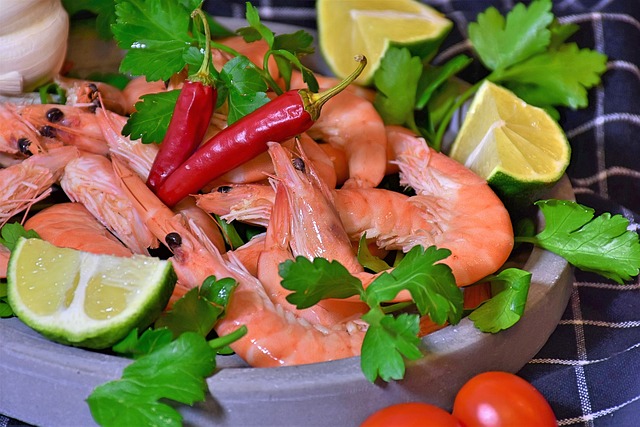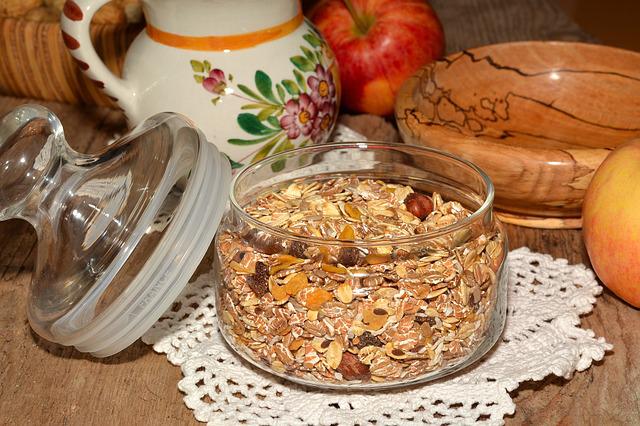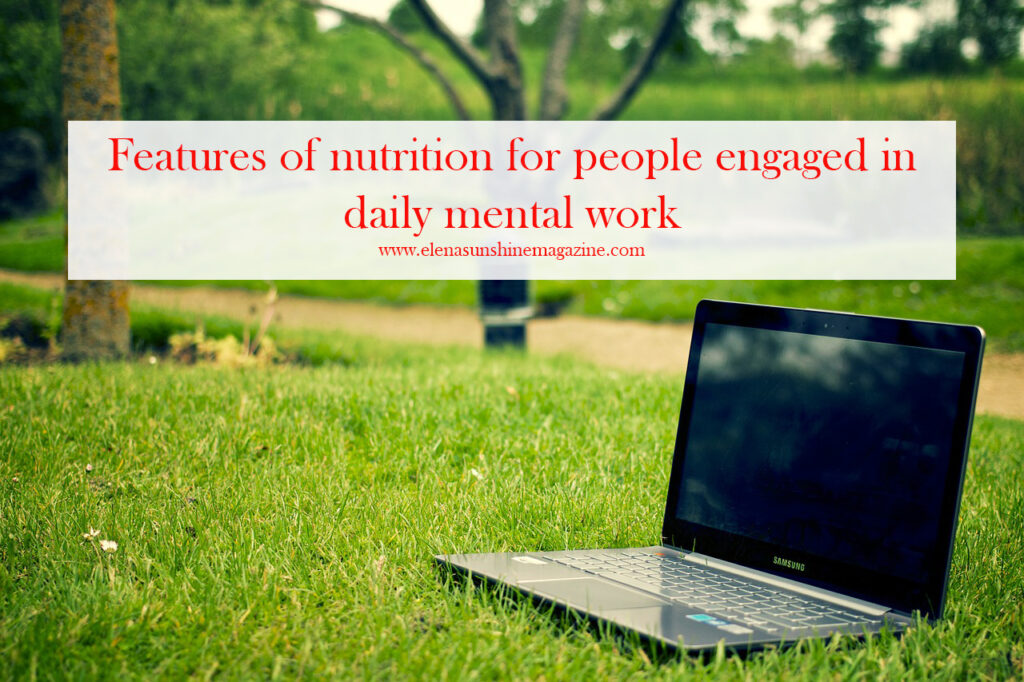People who are constantly engaged in intellectual work know well how valuable excellent memory, quick wits, and generally a fresh head are. Features of nutrition for people engaged in daily mental work.
It is quite possible for everyone to increase productivity if they follow the rules of a healthy lifestyle and, first of all, a healthy diet since there is a link between the effectiveness of mental work and the quality of food.
Nutrition should bring maximum benefits and maintain health in optimal condition. You need to eat natural foods, including a lot of vegetables and fruits, whole grains, seafood, vegetable oils, legumes, nuts, and seeds in your diet. The food we eat directly affects our well-being and mood.
4 general principles. Features of nutrition for people engaged in daily mental work.
Healthy foods should be present in the diet and everything harmful should be minimized.
Freshness and naturalness of food. Only the most natural and fresh food is needed. Semi-finished products with a large number of ingredients should give way to simple and healthy food prepared not in industrial conditions.

The predominance of plant foods. Three-quarters of the diet should be made up of plant products. Preference should be given to vegetables, whole grains, greens, fruits, and seeds. This food is the easiest to digest and gives the most energy.
Lean meat and dairy products with a low percentage of fat content. Of animal proteins, the advantage is in low—fat white meat, low-fat poultry, and low-fat dairy products. They give a lot of energy during mental stress but do not clog the vessels with cholesterol.
No alcohol. Drinking alcohol can create the illusion of getting extra energy. But in general, it significantly reduces the productivity of mental activity.
(1) – “Diet, exercise and other aspects of our daily interaction with the environment have the potential to alter our brain health and mental function. We now know that particular nutrients influence cognition by acting on molecular systems or cellular processes that are vital for maintaining cognitive function. This raises the exciting possibility that dietary manipulations are a viable strategy for enhancing cognitive abilities and protecting the brain from damage, promoting repair and counteracting the effects of aging.”
10 important foods in the diet
There are healthy foods that protect against mental overload and maintain high performance. Each of them should be in our diet regularly.
#1. Sea fish and seafood
Fatty sea fish, shrimp, squid, mussels, kelp — all this is nutrition and protection of the vessels of the brain. Omega-3 and omega-6 fatty acids, iodine are the main thing that is contained in seafood. Without which the brain cannot fully function.

#2.Eggs
Intense mental exertion is sometimes exhausting just like physical. In order not to lose heart and body at all, it is necessary to include in the diet products that increase performance. And these are the most common chicken eggs. They favorably combine protein, organic acids, and an impressive complex of vitamins and minerals. In particular, vitamins B2, B6, and B12 improve memory and provide a healthy sound sleep.
But the most important thing is that the yolk contains a shock dose of choline. This valuable element is involved in the formation of neural connections in the brain. Without it, he will not be able to function at full strength. During the session, it is useful to eat one boiled egg every day. An omelet with cheese and herbs or a sandwich with a poached egg will also bring the desired benefits to the body.
#3. The grass is the focus of attention .Features of nutrition for people engaged in daily mental work.
Spinach, dill, parsley, cilantro, arugula, and lettuce not only strengthen memory, and make a person more collected and attentive, but also stimulate cognitive activity, and awaken intellectual forces.
In this case, products for concentration will come to the rescue. Here you should pay attention to fresh greens and leafy vegetables. Parsley, cilantro, dill, arugula, spinach, iceberg, green onion, corn — absolutely everything will do. Moreover, you can eat juicy herbs in unlimited quantities. It is the richest source of folic acid. It is proved that this vitamin of group B activates short-term and long-term memory, has a positive effect on the speed of thinking, and improves the conduction of nerve impulses. In combination with vitamin C and a rich mineral complex, folic acid works even more actively.
Fresh herbs can be added to side dishes, vegetable salads, and soups, you can make energy smoothies and juices based on them. A little hint on the choice of fresh greens: the richer the color, the more useful it is.

#4. Berries
The benefits of berries such as blueberries, cranberries, cranberries, strawberries, raspberries, blackberries, etc. There is no doubt about it. Vitamins, sugars, fiber, antioxidants, and flavonoids from berries help:
with high mental loads;
to improve coordination and memory;
to preserve youth and improve the efficiency of cells.
Speaking of products for mental activity, you should not write off vision. Blueberries occupy a leading position among the products we are interested in. It is no coincidence that the extract of this berry is included in dietary supplements to improve vision. The fact is that it contains record reserves of lutein.
This element nourishes the retina, improves visual acuity, and does not allow it to deteriorate, as it often happens with intense loads. In addition, blueberries are full of bioflavonoids and antioxidants. They strengthen the heart and blood vessels, and at the same time saturate brain cells with oxygen. As a result, memory and concentration of attention increase. It is most useful to eat fresh berries in their pure form. Dried blueberries can be added to tea. Jams and jams are also suitable.
Dried fruits
The rich vitamin and mineral composition makes dried fruits a product of the first necessity for those who want their heads to work quickly and well. Dried apricots, raisins, prunes, figs, dates, and other dried fruits and berries:
reduce the level of “bad” cholesterol in the blood;
they clean the vessels of the brain from cholesterol plaques;
improve memory and concentration;
they help to maintain good coordination.
Dried fruits do not belong to those healthy foods that you can eat the more, the better. Like nuts, they are consumed in small quantities due to the high-calorie content and strong concentration of other substances. A dozen berries or 2-3 tablespoons of a mixture of ground dried fruits is enough.
#5. Healthy nuts. Features of nutrition for people engaged in daily mental work.
Nuts contain unsaturated omega-3, omega-6, and even omega-9 fatty acids, which provide protection against atherosclerosis and a high ability to work. Eating nuts gives a lot of energy, helps to concentrate attention, and memorize a lot of information.
It is recommended to eat nuts, mainly walnuts. No wonder even outwardly their nuclei resemble the hemispheres of the brain. They contain a large amount of healthy omega fatty acids, which increase the efficiency of the brain, including memory. B vitamins support the nervous system in a normal way, thereby helping to cope more easily with large mental loads. It is also important that nuts contain vitamin E, a powerful antioxidant that protects brain cells from destruction.
It is recommended to eat no more than a handful of dried nuts per day. You should not get too carried away with this product. In addition to the fact that nuts contain a huge amount of calories if consumed excessively, they can cause heaviness in the stomach.

#6. Chocolate
You should include in your diet foods that charge the body with energy. Real bitter chocolate with a cocoa bean content of at least 70%. Chocolate contains special extracts that help the body produce serotonin — the desired hormone of happiness. They will help you relax and give your brain a break.
The main thing is not to overdo it with sweet therapy. About a third of a bar of bitter chocolate a day will be enough. And also — it’s better not to eat it on an empty stomach. There is a high probability that you will not have time to stop at the right moment.
#7. The power of cereals will help us. Features of nutrition for people engaged in daily mental work.
In order for the brain to work at full strength, you need not only food for memory but also a large amount of energy. And charging is most useful in the first half of the day when the metabolic rate is the highest. In this regard, oatmeal porridge for breakfast is what the doctor ordered. An important condition is that there must be flakes that require long cooking. It is in them that dietary fibers are contained, which charge us with “long-lasting” energy.

Therefore, we feel cheerful and forget about hunger for a few hours. The active substances in the composition of oats stimulate blood circulation, including the blood vessels of the brain. And there is also a lot of thiamine in oatmeal, which fights the decline of strength.
You can add several dried apricots to oatmeal porridge with milk or cream. This dried fruit contains iron, which improves brain productivity, and vitamin C, which helps iron to be absorbed correctly.
#8. Sea cabbage
Another product that should be in our diet is sea cabbage. In terms of iodine reserves, it bypasses many valuable types of fish and seafood. With a lack of this trace element, the thyroid gland begins to malfunction. And this causes a significant blow to the entire nervous system.
As a result, we suffer from insomnia, irritability, loss of strength, and, most undesirable, memory deterioration. Some studies show that regular consumption of seaweed increases IQ by 4-6 points. Add to this the fact that seaweed itself contains valuable substances for memory and attention — full-fledged B vitamins and vitamin E. In addition, they are full of antioxidants that nourish brain cells and maintain mental clarity.
#9. Spices. Features of nutrition for people engaged in daily mental work.
Cinnamon, black and cayenne pepper, ginger, turmeric, basil, nutmeg, and garlic stimulate blood circulation, the production of hormones of good mood, and sharpen thinking.

#10.Unrefined vegetable oils
Direct, preferably cold, pressed oils help to maintain the normal state of the bloodstream, which means that the brain is nourished and supplied with oxygen. Unrefined vegetable oils rich in omega-3 and omega-6 vitamins and minerals are vital for those who work intellectually.
We have told you what you need to eat to improve memory and productive brain function. Of course, this is not a panacea in its purest form, but only a practical recommendation that will help the nervous system better cope with mental and emotional stress.
Lifestyle recommendations. Features of nutrition for people engaged in daily mental work.
In addition to proper nutrition, in order to maintain high productivity of thinking, it is necessary to follow more tips. They will help not only better intellectual work but also improve well-being.

The correct mode of the day
The daily routine is made up individually, depending on the psychophysical characteristics of a person, his social life, etc. It is important to correctly allocate work and rest time and, if possible, transfer intellectual work to the daytime.
Sleep. To have mental activity, you need to get enough sleep, and regularly. You need to sleep about 7-9 hours a day. But the more mental stress, the more full sleep is required.
Drinking regime. During the day, nutritionists advise drinking up to 8-9 glasses of water. If mental work requires being at the computer, then this requirement becomes especially tough, since in this case, the load on the body increases significantly.
(1) – US National Library of Medicine; Brain foods: the effects of nutrients on brain function. Fernando Gómez-Pinilla. Online publication: 2010 Jan 12.
https://www.ncbi.nlm.nih.gov/pmc/articles/PMC2805706/



